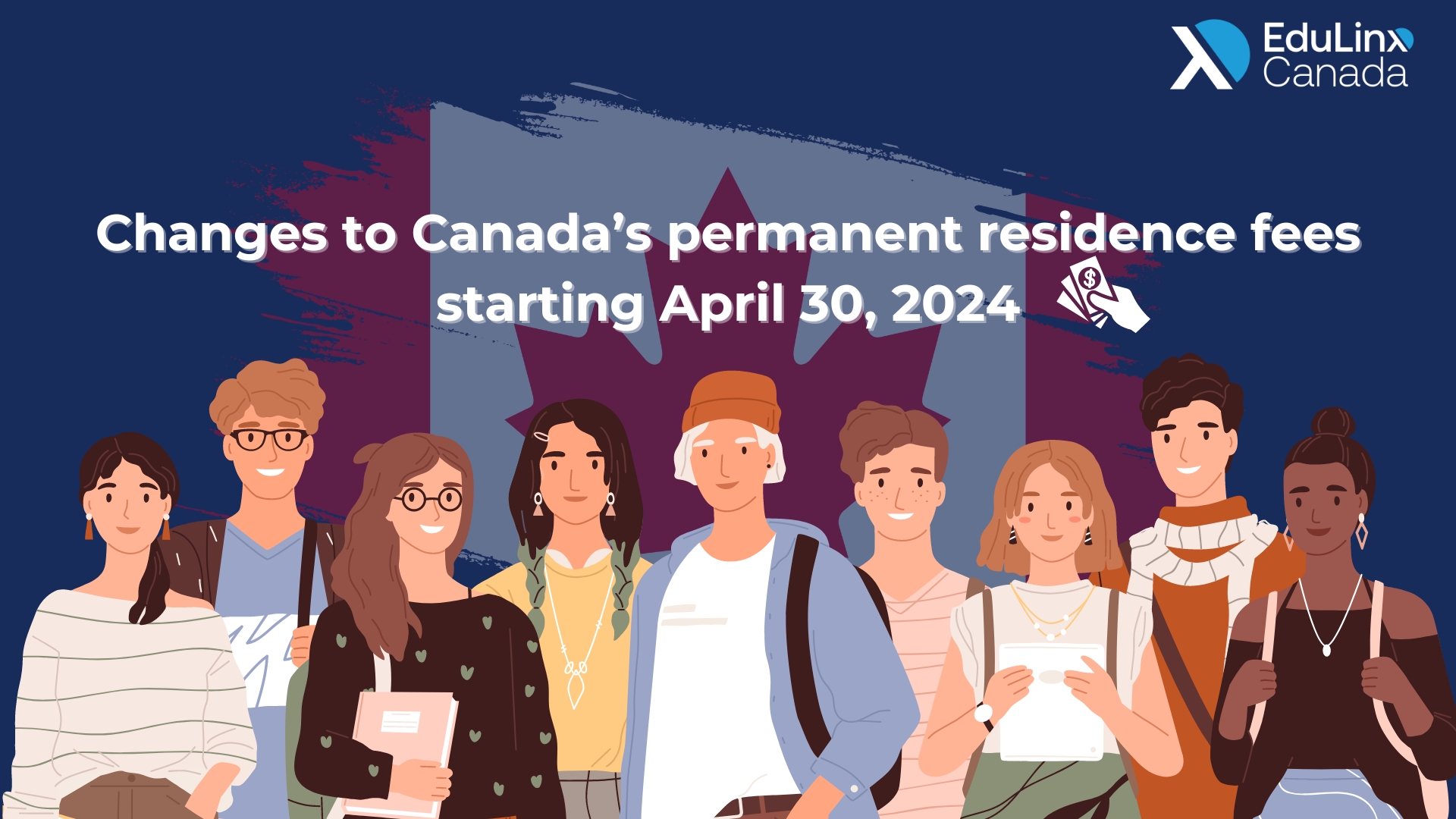Based on the announcement from Immigration, Refugees and Citizenship Canada (IRCC) regarding the fee increase for certain permanent residence (PR) fees effective from 9:00:00 AM Eastern Time on April 30, 2024, the fee adjustment is tied to the cumulative percentage increase in the Consumer Price Index for Canada (CPI). The specific mechanism for calculating this fee increase is based on the following steps:
- Consumer Price Index (CPI) Calculation: The fee increase is determined based on the cumulative percentage increase in the Consumer Price Index for Canada, which is published by Statistics Canada. The CPI measures the changes in the price level of a basket of goods and services consumed by households.
- Regulatory Framework: The fee adjustments are made in accordance with Canada’s Immigrant and Refugee Protection Regulations (IRPR), which provide the legal framework for immigration-related matters, including fee structures.
- Cumulative Percentage Increase: The fee increase is calculated by considering the cumulative percentage increase in the CPI over a specified period leading up to the fee adjustment date. This percentage reflects the overall inflation rate in Canada during that period.
- Implementation Date: The fee increase will come into effect precisely at 9:00:00 AM Eastern Time on April 30, 2024. After this time, the revised fees will apply to relevant PR applications and services.
- Implications for Applicants: Applicants for permanent residence and related services should be aware of these fee changes and ensure that they submit their applications with the updated fees after the effective date to avoid processing delays or issues.
Changes to PR fees
The following fee increases, which are marked as applicable to the period between April 2024 and March 2026, apply as follows:
Here are the key points from the notes provided by Immigration, Refugees and Citizenship Canada (IRCC):
Exemption from Right of Permanent Residence (RPR) Fee:
- Dependent children and protected persons, including principal applicants and all accompanying family members, are exempt from paying the RPR fee.
- Sponsored children under the family reunification class, who are under 22 years old and without a spouse/partner, are also exempt from the RPR fee.
- Principal applicants under the humanitarian and compassionate consideration and public policy classes are exempt from the RPR fee, subject to certain circumstances.
Exemption Clarification for Certain Applicants:
- Principal applicants under the “humanitarian and compassionate consideration” and “public policy” classes are exempt from the RPR fee only under specific circumstances, as clarified by IRCC.
Ineligibility of Accompanying Family Members for Certain Classes:
- Applicants under the “permit holder” class of permanent residence are not permitted to include accompanying family members in their PR applications.
- Individuals eligible for permanent residence through the “permit holder” class must each submit their own applications for Canadian PR as principal applicants.
These notes provide important information regarding fee exemptions and eligibility criteria for different classes of permanent residence applicants, as well as the process for including accompanying family members in PR applications. Applicants should review these guidelines carefully to ensure compliance with IRCC requirements when submitting their applications for permanent residence in Canada.

Please note that these fees are subject to change and applicants should refer to official sources and communications from IRCC for the most up-to-date information and fee schedules.




